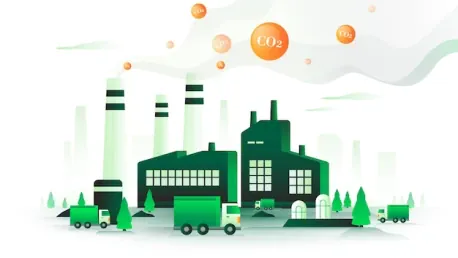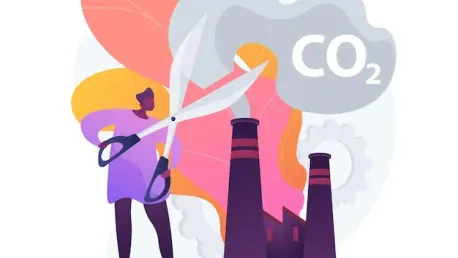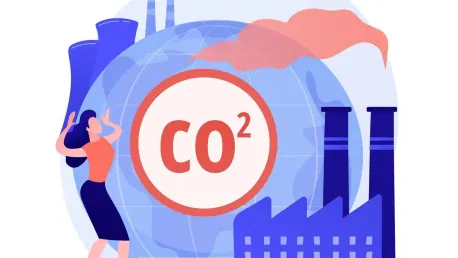
With extensive experience in energy management, renewable energy, and electricity delivery, Christopher Hailstone provides valuable insights into the methanol market, discussing grid reliability and security. In this interview, Christopher delves into the factors impacting methanol prices, the

Environmental issues remain at the forefront of global concerns, and today we are joined by Christopher Hailstone, an expert in energy management, renewable energy, and grid reliability. In this interview, we delve into the pressing problem of plastic pollution and uncover insights from the latest

Major corporations and government entities are making strides in sustainability and climate policies, unveiling new regulations and innovative energy solutions. Companies like Amazon, Google, and Microsoft are leading efforts with ambitious renewable energy targets and advanced clean electricity

Christopher Hailstone has extensive experience with energy management, renewable energy, and electricity delivery. He is also our Utilities expert and provides valuable insights on grid reliability and security. Today, we discuss the impact of artificial intelligence (AI) on global electricity

The new German coalition government has introduced several strategies to boost the country’s energy sector amid global political tensions. Key initiatives include reducing electricity prices by 5 cents through lowering the electricity tax to the European minimum, cutting grid fees, and introducing

Members of the International Maritime Organization (IMO) are deeply divided over implementing a carbon tax on international shipping. Important talks are planned for this week to finalize emission-reduction measures, including the controversial tax. The proposed carbon tax is intended to make